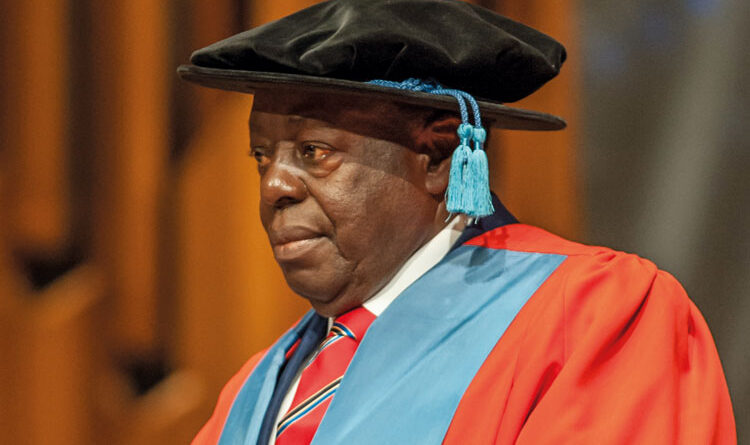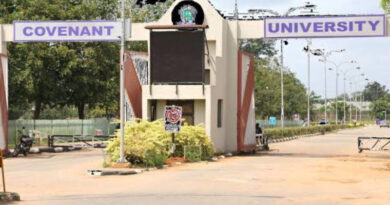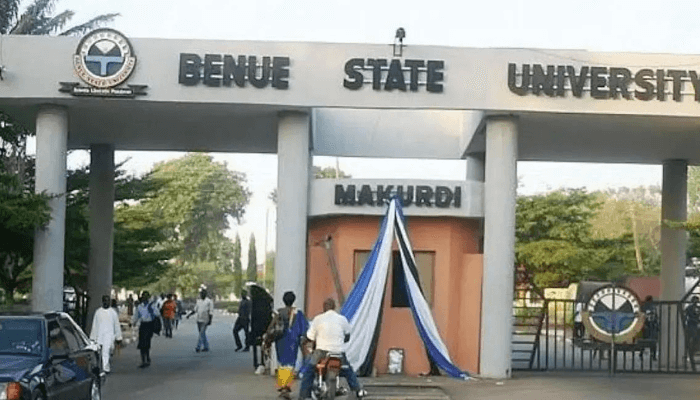Afe Babalola Calls for Reform of NUC’s University Licensing Process
The Founder and Chancellor of Afe Babalola University Ado-Ekiti (ABUAD), Aare Afe Babalola SAN, has called on the National Universities Commission (NUC) to completely overhaul the university licensing process to maintain high educational standards in Nigeria. Speaking on Monday at the High Impact Research and Journal Advancement Workshop organized by the ABUAD Journal of Sustainable Development Law and Policy, Babalola highlighted the growing concern over the proliferation of substandard universities across the country.
Babalola expressed frustration at the NUC’s failure to enforce quality control and shut down many “mushroom” universities, which he described as substandard and operating without proper accreditation. According to the legal icon, the current university licensing and accreditation processes appear to be compromised, with an overemphasis on quantity rather than quality. He pointed out that Nigeria now has over 270 universities, with another 200 proposals currently under consideration by the National Assembly.
“The focus now seems to be on quantity, not quality, licensing more universities without adequate plans for monitoring their standards,” said Babalola. He warned that this approach is leading to a decline in the quality of education and the deteriorating quality of graduates entering the workforce. He emphasized that poor education is worse than illiteracy, and sustainable national development cannot be achieved unless the nation addresses the issue of substandard universities.
Babalola stressed that many of these substandard institutions employ poor faculty members who conduct subpar research, contributing to the production of half-baked graduates with little to offer to the country’s development. He urged the NUC to take immediate action to address this critical issue.
Prof. Peter Okebukola, former Executive Secretary of the NUC, also spoke at the event, sharing his concerns about the inadequate funding for research and development in Nigeria. He noted that research funding in the country is largely dependent on insufficient government allocations, which limits large-scale commercialization and the ability to scale innovations.
In his opening remarks, Prof. Damilola Olawuyi, Deputy Vice Chancellor for Research, Innovation, and Strategic Partnership at ABUAD, highlighted the importance of high-quality academic journals. He pointed out that ABUAD is a leader in this area, with its Journal of Sustainable Development Law and Policy indexed by SCOPUS and several other international databases. He noted that only a few Nigerian universities have journals with such prestigious indexes.
ABUAD’s commitment to quality research and development continues to set the university apart, and Babalola’s call for a complete overhaul of the university licensing process reinforces the need for systemic changes to safeguard the future of Nigeria’s educational landscape.








